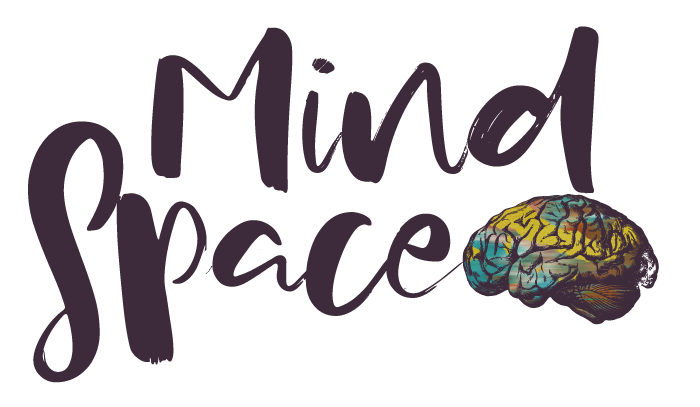6-Steps to Getting Started in Therapy

A guide to help you get started in therapy
The recent coronavirus has forced people around the worldinto quarantine and it would be a huge disservice to the millennial generation to ignore the surge in adverse psychological outcomes emerging. According to the American Psychological Association, Millennials were already the most anxious group of people, to begin with. Self-quarantine results in isolation and loneliness, which is a problem for the Millennial generation as they have been found to deeply care about social issues, collective experiences, and human connection*.
With stress and anxiety levels on the rise**, more millennials are in search of resources to help them feel better. It is challenging to feel calm and grounded during these uncertain times. We all go through periods of ups and downs. If you are struggling to self-regulate the way you have been feeling, and the way you have been feeling has become problematic, it may be time to reach out for help.
Finding a therapist is a process that can lead to great change. Here are 6 steps to help you get started:
- Take some time to reflect on the change you want to make and why this is important to you.
- Prepare yourself to explain your current challenge and think about how a therapist can help.
- Research multiple therapists, reading about their approach to therapy and specialty focus.
- Make contact via phone, leave a message, and allow at least 24 hours for a return call. Follow up with an email if you do not receive a callback.
- Try a single session an evaluate the level of comfort you felt when talking with a therapist.
- If you felt comfortable try to attend at least three more sessions with the same therapist and evaluate if the therapist is a good fit.
Working with a therapist can have deep lasting positive impacts. Selecting a therapist may take time, but it does not have a painful process. If you have been looking for a sign to get started in therapy, maybe this is it.
For more information on information used in this blog post, please visit the following resources:
*https://casefoundation.org/blog/key-takeaways-from-a-decade-of-millennial-research
